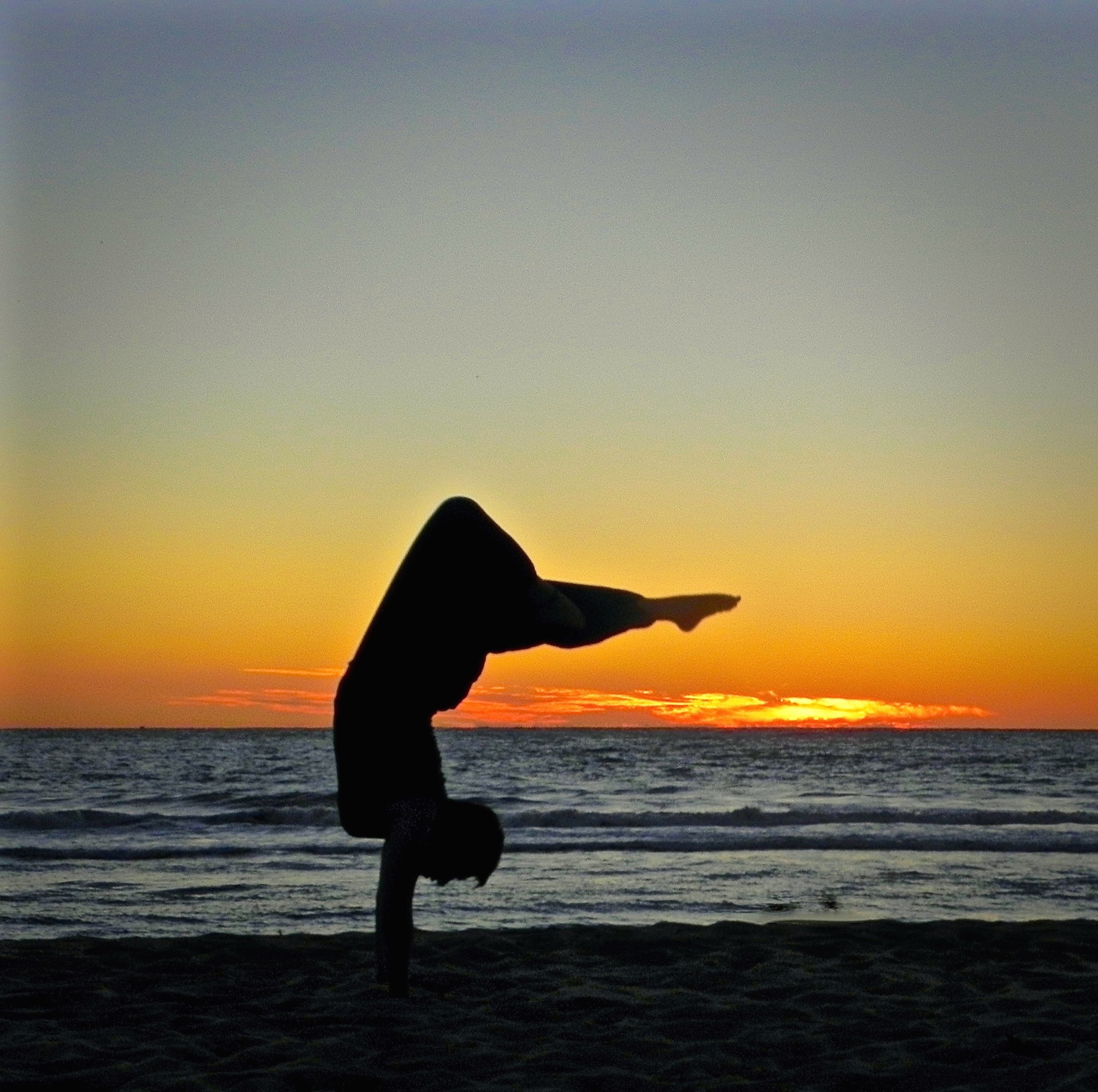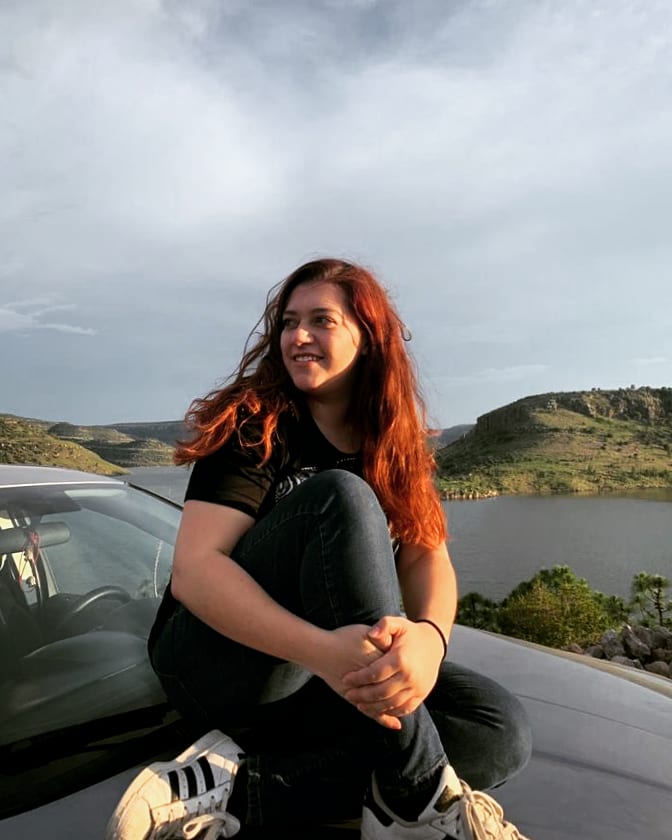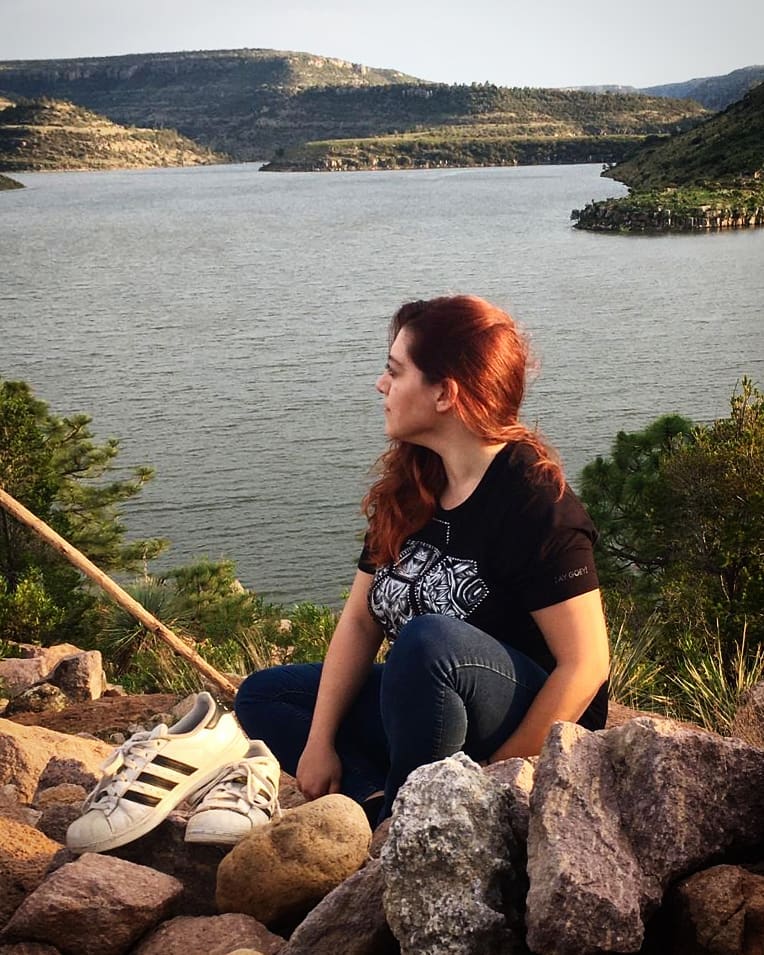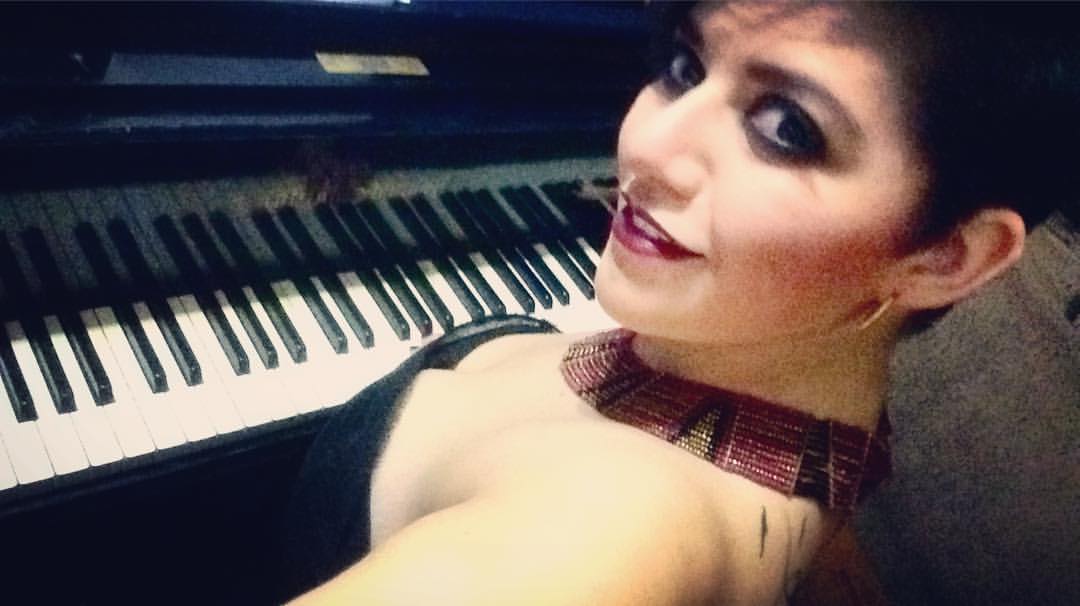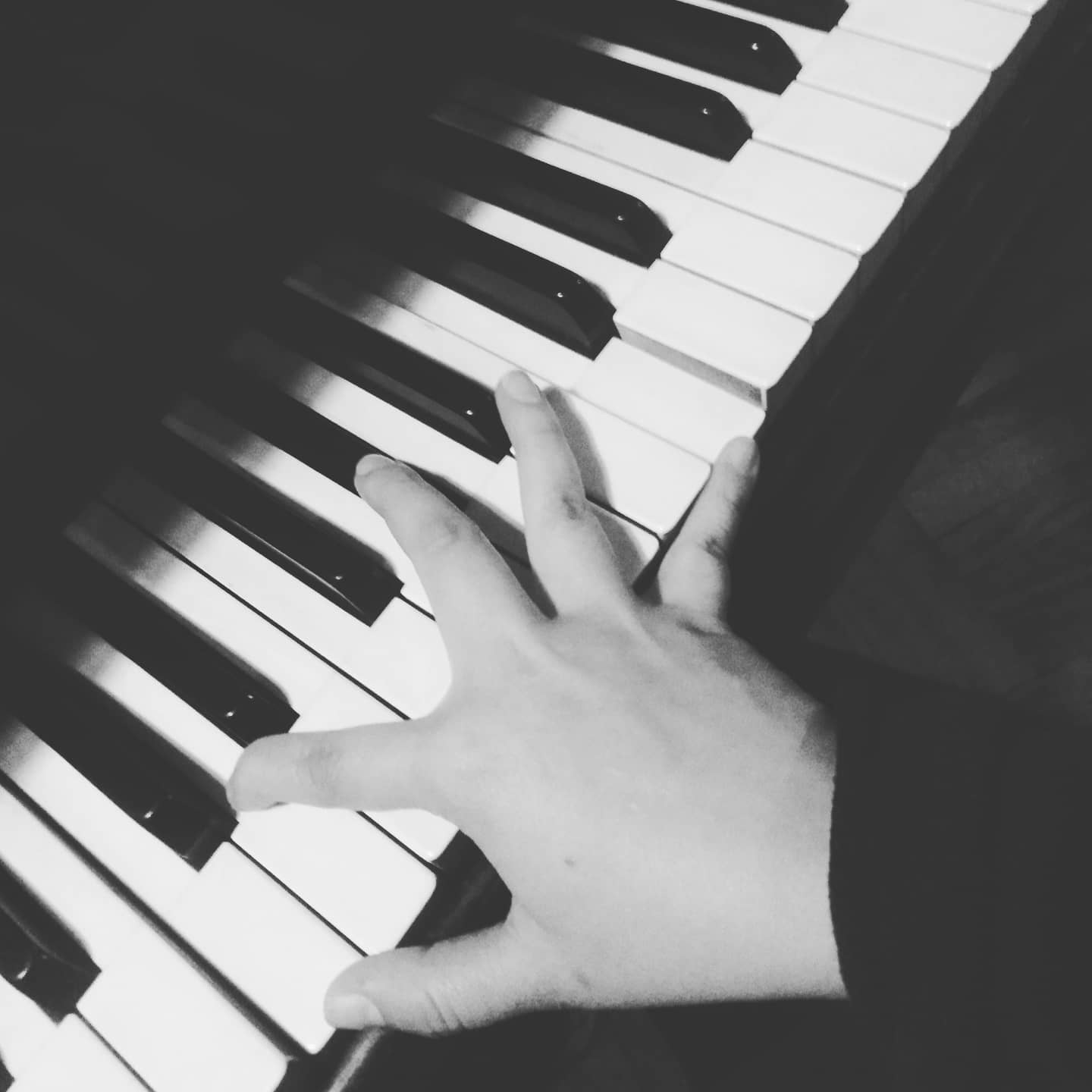- Mauricio A. Rodríguez Hernández (MARH): How are you navigating this new normal?
Daniela Rivas Chavarría (DRCH): This new normal has been an opportunity to work on myself regarding personal development; to look inwards and look at life from a different perspective. The main focus has been to stay healthy both physically and mentally.
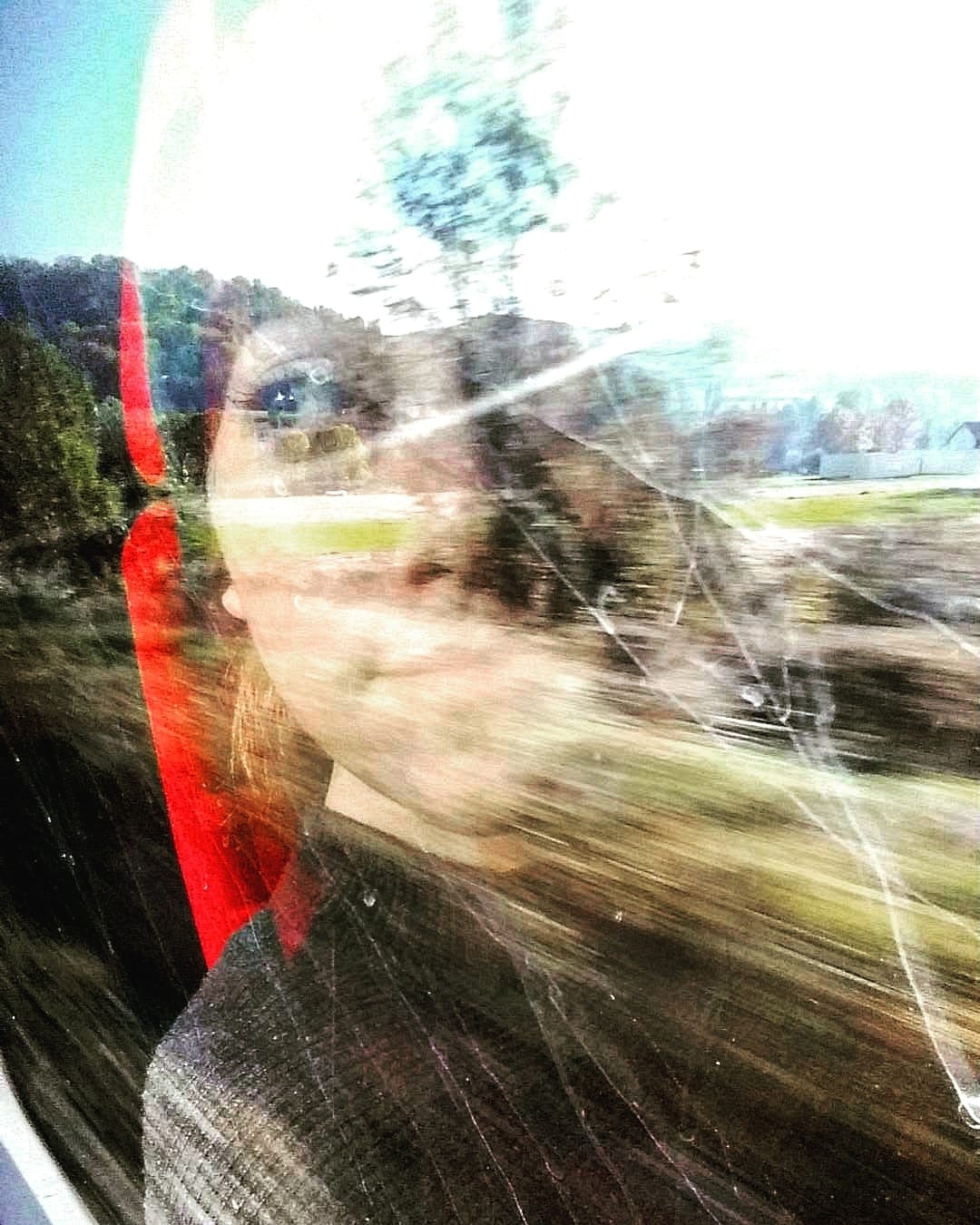
- MARH: What are some ways you are working now that differ from pre-pandemic?
DRCH: I am a teacher, so the most contrasting aspect of my professional activity has been to be far away from my students. I have always encouraged my students to be self-reliant and self-sufficient, while I serve more as a guide than an instructor. This has proven to be a positive thing during the pandemic, since most of distance learning is based on self-learning, although, if I am being completely honest, I do miss standing in front of a class.

- MARH: How are you staying focused at this time?
DRCH: The main strategy I have applied has been to establish clear working hours and personal time. I have also dedicated 1-2 hours for daily yoga practice, which helps me channelize all the extra energy and recurring thoughts that are inevitable in a situation that naturally makes one feel “trapped”.
- MARH: What’s the first thing you do when you get out of bed?
DRCH: Drink a glass of water or a cup of tea.
- MARH: Do you have a time saving trick for the morning?
DRCH: Well, I don’t like the idea of saving time, or wasting time. I have learned to experience each activity fully and dedicate as much time as it deserves. The key is to be organized. One of my professors in university told me once: “Being on time isn’t being there 5 minutes before, or 5 minutes after, it is being there when you say you’ll be there. It’s an art.” (Amb. Steger Cataño).
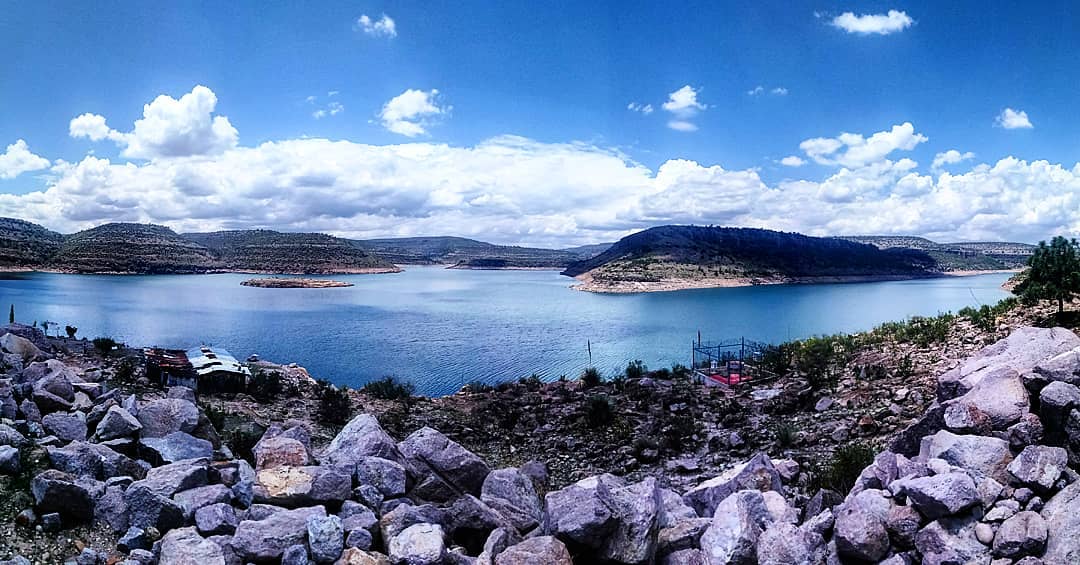
- MARH: What gives you energy?
DRCH: Pretty much the same as everyone, coffee and exercise, personally yoga.
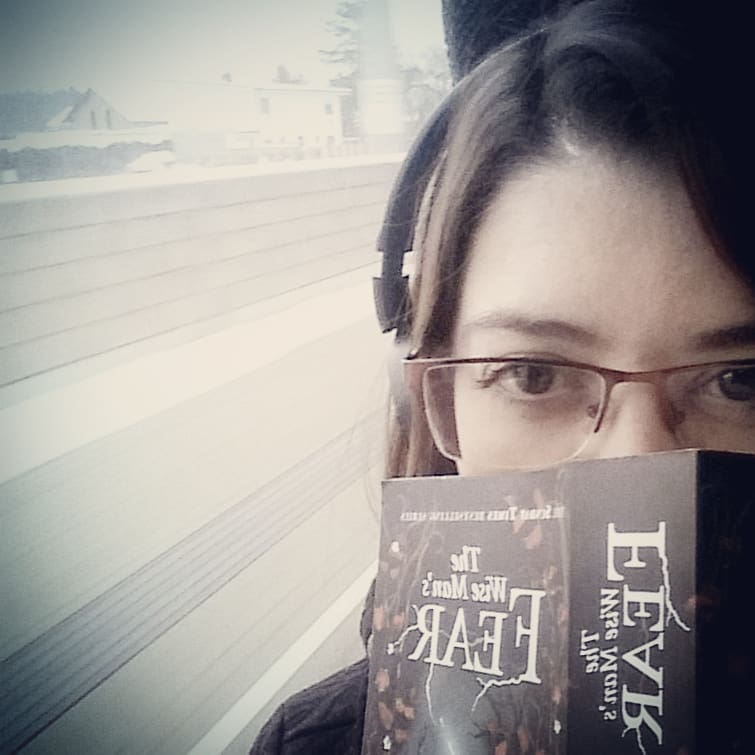
- MARH: What’s your secret life hack?
DRCH: Be flexible. It is inevitable to face challenges and sidetracks, change is the one certainty. Life goes on and people move on. Sometimes things don’t go according to plan, and that’s OK, as long as we are smart enough to keep looking forward.
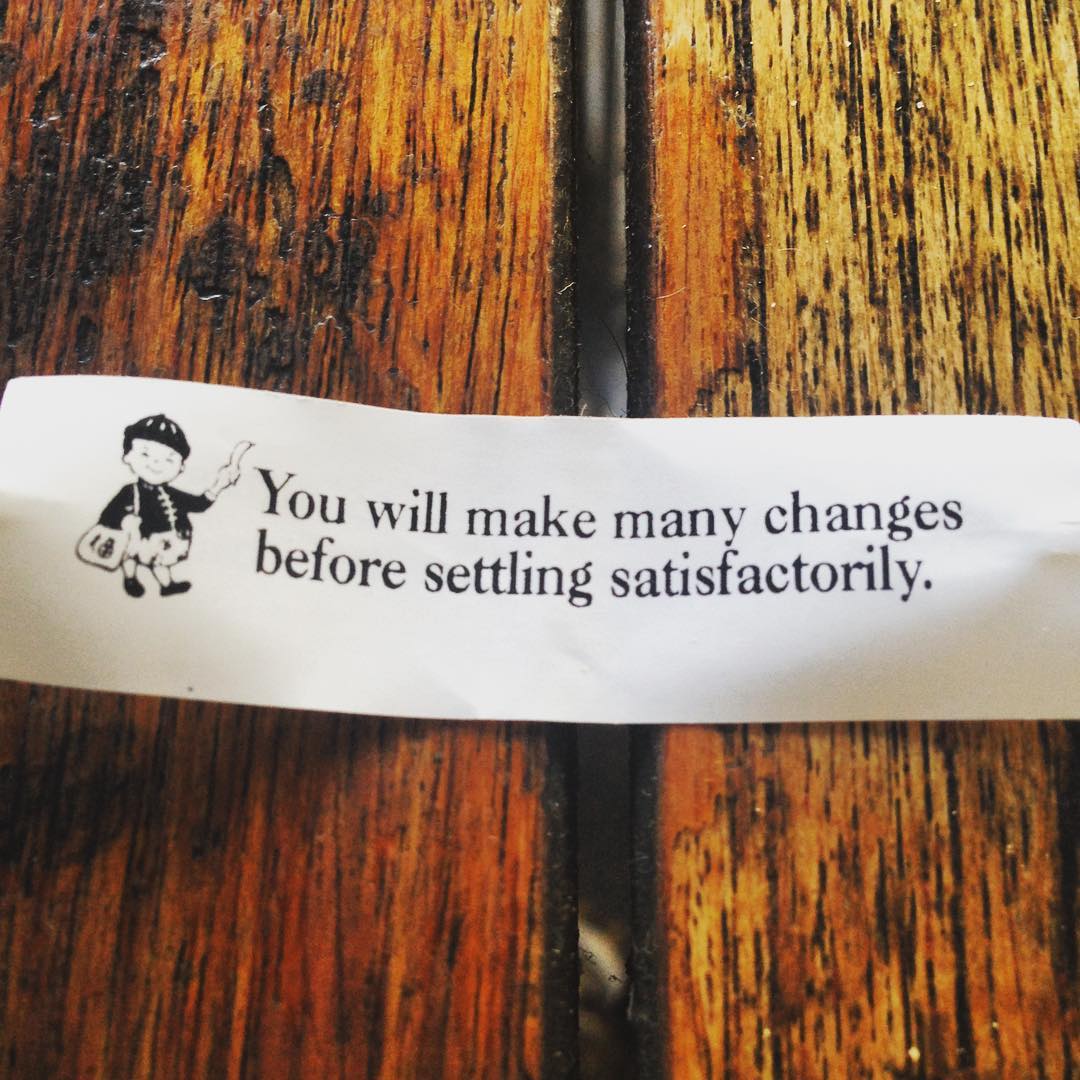
- MARH: Tell us about your relationship with your phone. Does it sleep with you?
DRCH: Not on me but on my night stand. I like to sleep with music or some sort of noise.
- MARH: How do you deal with email?
DRCH: One at a time.
- MARH: When was the last time you felt burned out and why?
DRCH: Probably a few weeks ago. Mostly because the situation is really challenging my plans for the near future, but after filtering that frustration through some yoga, piano playing and a good shower cry, I was ready to expand my view, look further, and stay hopeful things will work out the way they should be.
- MARH: When was the last time you felt you failed and how did you overcome it?
DRCH: It wasn’t really the feeling of failing, but more of being wise enough to realize that the path I was on wasn’t going to make me happy. The hard part is to waive the feeling that you’ve invested yourself in something that isn’t truly you; to go through the thoughts of “why am I doing this?”, “who am I doing this for?” and “where would this lead me?”. I was doing a Masters in Quantitative Assets and Risk Management, whilst babysitting on the side. It was hard to move past the expectations of a “mature adult” of finishing the Masters and getting a desk job in a bank or insurance company. Instead, I made a turn and focused on what I feel happier and most fulfilled doing, which is teaching. Now I am pursuing this path, and in my plans I intend to get a Masters in International Education.
- MARH: Share a quote that you love and that gives you strength or peace.
DRCH: “There is nothing permanent, except change.” – Heraclitus.
- MARH: How do you prioritize when you have an overwhelming amount to do?
DRCH: It really depends on what there is to do. If it is regarding work, I try to categorize urgent, pressing and “can wait” matters. If it is a mix of personal and professional, I try to stick as much as possible to my work/me-time schedule.
- MARH: With so many distractions and interruptions coming at us throughout the day. What are your tips to stay focused?
DRCH: For those of us doing home office, I would suggest establishing a work space, separate from other areas, especially common areas if you live with other people. Make it cozy, yet viable to work at. Minimize distractions in that space, keep it well ventilated, well lit and agreeable to feeling comfortable without feeling distracted.
- MARH: When you notice you’re getting too stressed, what do you do to course correct?
DRCH: If the source of stress is something personal, like overthinking, I do yoga, play the piano or write; just try to filter the feeling. If the source of stress is external and individual, like a personal situation with someone, I like to address the problem that is causing the stress. If it is external and completely out of my range, like the EU (European Union) closing its borders and consulates not issuing any type of visa for the time being, then I try to expand the view, looking further down the road rather than the immediate/near future and I try to look for an alternative that will help focus my purpose in the present.
- MARH: What’s a surprising way you practice mindfulness?
DRCH: Besides yoga, music and meditation; I found surprising to practice mindfulness by doing home chores, cooking and washing dishes, which I used to hate by the way, now I sort of mechanize and rest judgment while letting the mind flow without fixating on anything in particular.
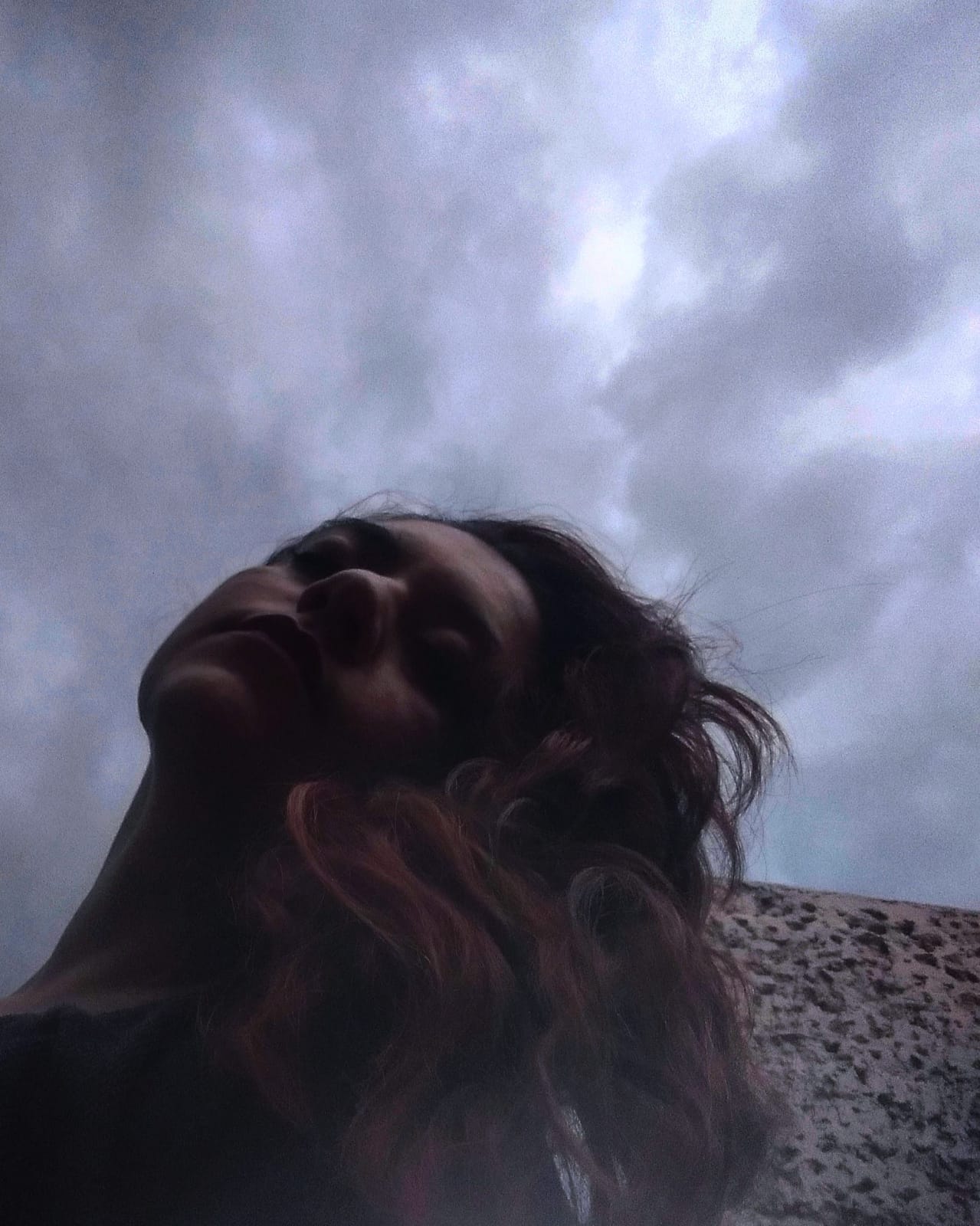
- MARH: How do you reframe negative thinking?
DRCH: It is inevitable to have our ups and downs during times of change and uncertainty. The important thing is, like I’ve shared before, to be flexible, and try to look at what’s causing the negative thought from different perspectives until you find one that you can work with. Also, it is important to find our own way to channel that negativity in order to turn it into something positive; in my case that is writing, playing music and writing.
- MARH: What brings you optimism?
DRCH: Hope. Hope that my family will remain healthy. Hope that things will adjust eventually. Hope that we will eventually move on from this situation. Hope that we will adapt. Hope that everything happens for a reason, and I’ll, sometime, understand the reason for me being where I am and remaining here. Hope that I’ll soon be able to fly again.
- MARH: What’s your evening routine that helps you unwind and go to sleep?
DRCH: Shower, let the day wash off, feel restored. Minimize overthinking with music, mostly classical from the romantic/early impressionist period.
- MARH: Which philosopher has inspired you throughout your career? Why?
DRCH: More than “A” philosopher or ideology in particular, my inspiration lies in philosophical ideas. Some of these are:
The idea that each person has his/her own truth and reality (Friedrich Nietzche). This basically inspires me to see things from different perspectives, sometimes clashing with my own.
Others, regarding purpose, are based on Greek philosophers, like Heraclitus and Socrates.
The idea that change is certain and that we don’t know everything, anything in fact (“There is nothing permanent, except change.”-Heraclitus, “the only thing I know is that I know nothing.”-Socrates), has inspired me to learn different “truths” in history, and work on while having and setting goals, not fixating on a path to reach them.
And the last one I think worth mentioning is Lao Tzu, father of Taoism:
Extracting the idea that we are a part of the universe, defined as a “whole”, and characterizing humans as curious beings, we will always have the thirst to know and understand that universe without succeeding entirely, but (hopefully) finding balance within.
- MARH: What is the single most inspiring video you have seen addressing today’s biggest challenges, which include: climate change, food security, poverty reduction, and quality of life for all?
DRCH: I don’t browse too much for videos, given that I think most are heavily politicized. I did find a dashboard, created by a collaboration between NASA, ESA and JAXA, which provides comparative data regarding many aspects of world issues by country or indicator, from population density to trade statistics, to air quality; and which has been really interesting to analyze. (https://www.eodashboard.org/).
- MARH: What role does music play in your creative process?
DRCH: I love music, always have. Playing piano and guitar helps me filter and express the feelings this situation has evoked in me personally. It is something that helps me keep my mind and spirit at peace.
- MARH: Was there a particular human exchange you can describe which inspired you towards taking charitable action regarding the causes you love?
DRCH: I was traveling through Cambodia. A stranger approached and asked if I could speak English. He gave me the book “First They Killed My Father” by Loung Ung. Reading that book, while being in the places where the story took place was really an eye opener. It was a mix of sadness and awareness, which rarely anyone knows about the Cambodian Genocide, which officially concluded merely 41 years ago, having killed almost a quarter of the Cambodian population. And, despite all this, the people I interacted with seemed happy. They led simple lives, enjoyed simple things, and gladly shared what little they had. It made me realize everyone should grow from their past, be grateful for what we have instead of miserable for what we don’t.
- MARH: What advice can you share with the world on the importance of empowering others to reach one’s full potential? How do you empower others in your daily life?
DRCH: I think balance is an essential part of life. Keeping a balanced life and spirit tends to include being good by your standards, and that generally involves being there for someone else or helping others, and through doing so, helping yourself. I believe everything we do has a reaction. The way we approach someone, the way we interact with them. It is important to keep in mind nothing is permanent, and it generally costs nothing to encourage or empower someone else. It is a gift of hope, when you help someone without expecting anything in return, sometimes it has a greater impact than we think.
I like to think I constantly empower others in my daily life through my work. I try to let my students feel they can accomplish any goal they set for themselves through hard work, dedication and discipline.
- MARH: Would you describe yourself as a spiritual person? If so can you share with us one of your more profound spiritual experiences?
DRCH: My perspective lies more than in spirituality or religion, in this balance I’ve talked about. I think inner peace which then translates and spreads throughout your environment is what I seek in my spiritual voyage.
- MARH: What is your message to entrepreneurs who struggle to launch their ideas?
DRCH: Be smart, be brave, and be daring.
- MARH: What is your greatest hope for the future? What is next for Daniela Rivas?
DRCH: In a macro vision, I truly hope that we, but especially people in power, learn from the situation that has been imposed on us. I hope that we finally realize we must change our daily routines, minimize waste, take care of our green areas and environment; that we are all humans, disregarding gender, race or religion, this situation has affected all of us, and as this pandemic hasn’t discriminated, neither should we, equality should be a given, not a struggle. On a personal level, I hope that borders normalize sooner than later. I will apply for a Masters in International Education for next term (August 2021) probably in Norway or Iceland. I am a traveler by nature and therefore I hope I can spread my wings again ASAP.
- MARH: How would you like to be remembered?
DRCH: I would like to be remembered as a loyal, fair and caring person.
- MARH: Who are your top three living thought leaders?
DRCH: More than life/business coaches, I believe in people who lead by example. One modern leader I admire is Malala Yousafzai, truly advocating for women rights and peaceful approach to conflict resolution. Another person worth mentioning for me is Greta Thunberg, who since a very young age had the determination and clarity of her life’s purpose. And finally Christina Lamb, who has dedicated her professional life to sharing perspectives that shouldn’t be ignored.



